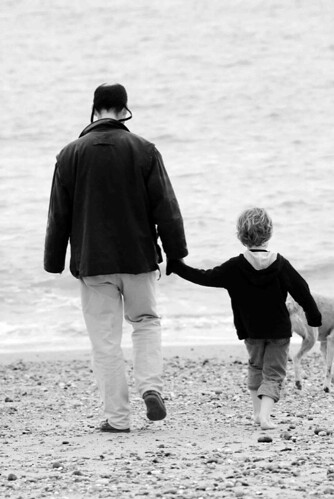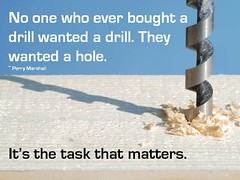
Most edu-bloggers, myself included, predominantly rain down on our keyboards to share our successes, ‘what works’, fire the odd rant and share musings on how things could, or even should, be.
Well, I am writing today to share a struggle, possibly a failure. Excuse the odd expletive in there but they are part of the story too.
If you click on Big Picture category here you’ll get a bunch of older posts about the school I now work at and the particular educational philosophy we have embraced as a school. In a nutshell: we are NOT your nice middle class aspirational school by any stretch (low socio-economics with assortment of, sadly, all too familiar related issues) and we follow an approach that may seem ‘out there’ with many who have ‘done school’.
We don’t have subjects at our school. I don’t teach ‘a subject’. I don’t give and mark tests and assignments (phew 😉 ) in an area of my expertise. Kids find and follow their (legal 😉 ) interest(s) in (mostly) areas they already know more about than me, I’m there to help with generics, help find mentors in the community and oversee their progress. Don’t wince in horror or get too rosy eyed just yet …
If I do prepare what I think might be an engaging activity (and probably would be so in a different context, school) it is often met with ‘boring’, ‘I’m not doing that’ and a bunch of cop outs. Ours is a tough crowd, burnt by years of unsuccessful mainstream schooling and suspicious of things ‘educational’.
Back at their old school, there was ‘work’, a teacher (often at their wits end) to tell you what to do and lots of examples to confirm that you suck at school.
To compound the trouble, this new, Big Picture way of doing things independently is something they have never really tried and is still pretty scary. They, the students, need to drive the thing, not the teacher (called ‘advisor’ at our school) telling them what to do. And the freedom is scary!
Like any good confused teenagers, many of these guys want someone to tell them what to do (like in their previous school, because that’s safe and “that’s what school is” and “teachers make you work and you hate it”) … but they don’t want to be told by the teacher what to do all the time and “do shit that teachers want us to do”. They like the freedom but it is scary to leave the sheltered feeling of structured, pre-fab, teacher-led environment even if they didn’t exactly excel at it. For many, this means doing, creating, trying, learning as little as possible. Safety mechanism.
Or as one of my students said, insightfully, in a lively discussion yesterday: “The problem isn’t the freedom in choosing our interest, the problem is that we choose to do fuck all”.
As you can imagine, refusals, shoulder shrugs, “CBF” and “I dunno …” are common. I have a couple of students for whom I have not a shred of evidence to have created anything in over two months – a letter, drawing, photo, note, recording, journal entry, hardly even a verbal, a question of some learning-related kind … nada, zero, zilch!
And this is what I mull over, often. This is where I start running out of ideas to engage and motivate (standard ones perhaps, might to get more creative :D). This is where I question my professional ability. Can I do better than this? Am I doing the right thing by these kids to keep waiting for them patiently and keep handing the responsibility for learning back to them? As a teacher, I am trained, employed to help, not keep keep putting the ball in kids’ court? What can I then do to ‘start their engines’ so to speak?
But this is where I remind myself of a couple of other things: the ugliness of (middle-class) salvationism and … time.
I have always been suspicious of being a “knight in shinning armour” who will deliver the poor kids from their lot and ‘make them more like me’. Sure, the odd call to a kid to lift their game is fine, even very necessary and welcome (in the long run, often unseen) but it is condescending, unrealistic and damaging to assume that we share values and chances in life. It can turn into the tyranny of of the well meaning C.S. Lewis described so eloquently.
I have expanded (with others) on this ‘salvationist’ reflex and its origins here (see Rolling up sleeves: education as production). Yet this is implied in much of teacher training and the societally assumed job of teachers. And it is damn hard to wrestle with!
The second thing I am reminding myself of is time. It has only been a term and a bit with these kids. It’s only been a term and a bit of Big Picture for all of us. Things take time. Things need to be seen in context. The kid who hasn’t ‘produced’ anything has been coming to our school most days, totally unlike his old (mainstream) school. It’s a start.
I write this for myself, to clear my mind a little. I fail but I carry on. It takes time.
And if my little soliloquy makes you reflect on the work of educators – it’s a good thing.







